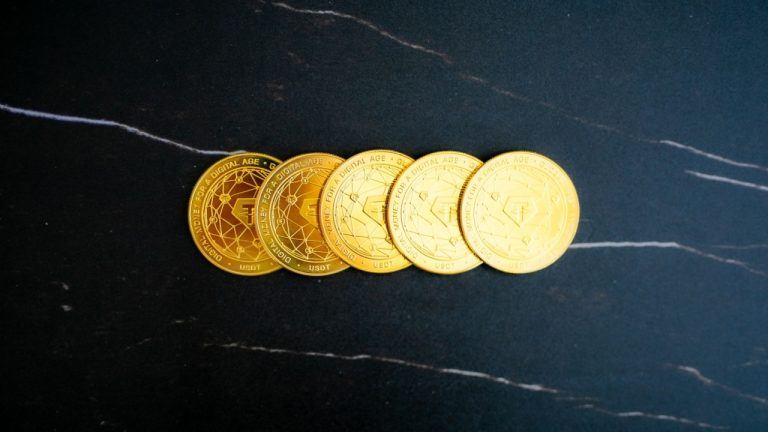
Cross-chain wallet BitKeep changes name to Bitget Wallet after acquisition

The exchange follows the likes of Binance, KuCoin and OKX in running self-custody wallets parallel to CeFi operations.
Cross-chain wallet BitKeep has changed its name to Bitget Wallet after the crypto exchange purchased a controlling stake for $30 million in March.
According to the Aug. 10 announcement, the name change is coupled with the launch of Bitget Swap, a cross-chain swap mechanism within the wallet that developers say sources liquidity from approximately 100 decentralized exchanges across 20 chains.
With the integration, Bitget Wallet users will share, along with exchange users, a $360 million Bitget User Protection Fund composed of 6,500 Bitcoin (BTC), 120 million Tether (USDT) and 40 million USD Coin (USDC) to safeguard against security incidents. The exchange created the $300 million fund following the collapse of crypto exchange FTX last November. Since then, the firm said a recovery in Bitcoin prices has led to a $60 million capital appreciation.
Last December, the BitKeep wallet suffered a security exploit when its Android Package Kit (APK) was hijacked with malware, leading to around $8 million in losses from users who installed the package and subsequently had their wallets drained. On March 29, the firm announced it had fully compensated $8 million to victims who downloaded the malware.
Speaking to Cointelegraph on user protection, Moka Han, chief operating officer of Bitget Wallet, said cross-chain bridges undergo “rigorous third-party security audits” from the likes of SlowMist and CertiK before they are deployed on the software and are closely monitored post-deployment.
In its next steps, Han said Bitget Wallet recently integrated five stable payment channels — Banxa, Simplex, Alchemy Pay, MoonPay and FaTPay — that allow users to purchase cryptocurrencies within the wallet via credit cards, Google Pay and Apple Pay. The firm has also rolled out a peer-to-peer marketplace where “security measures are enforced to safeguard from both ends.”
The Bitget wallet is one of the most popular wallets in the Asia Pacific region. The firm claims the software has over 10 million users, or roughly half of the user count of MetaMask. Other cryptocurrency exchanges, such as OKX, KuCoin and Binance, have also branched out to running self-custody wallets parallel to exchange operations in recent years.
BitKeep has completed the upgrade to @BitgetWallet!https://t.co/0pHOz993Nn
— Gracy Chen @Bitget (@GracyBitget) August 10, 2023
Magazine: Deposit risk: What do crypto exchanges really do with your money?
Go to Source
Author: Zhiyuan Sun








